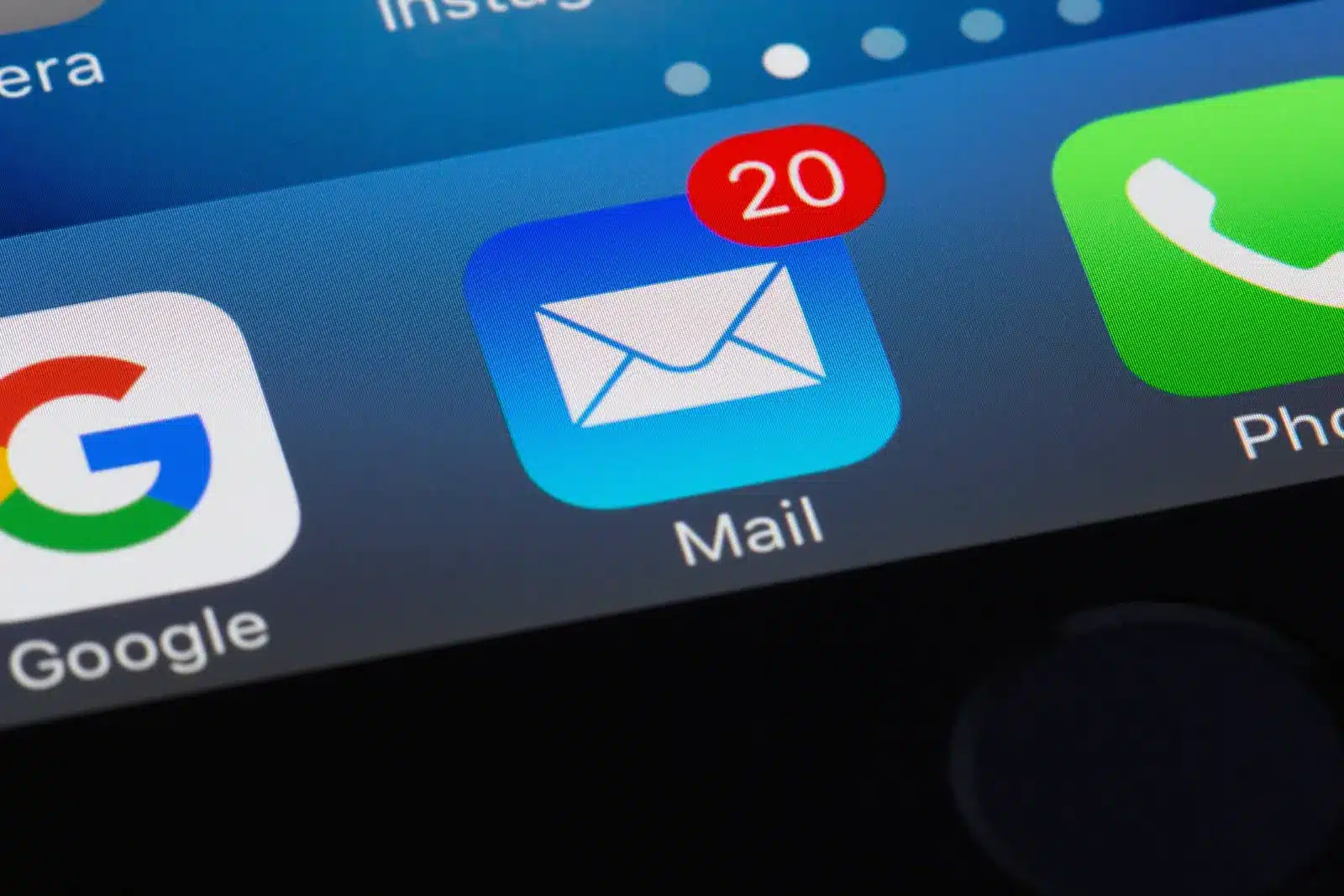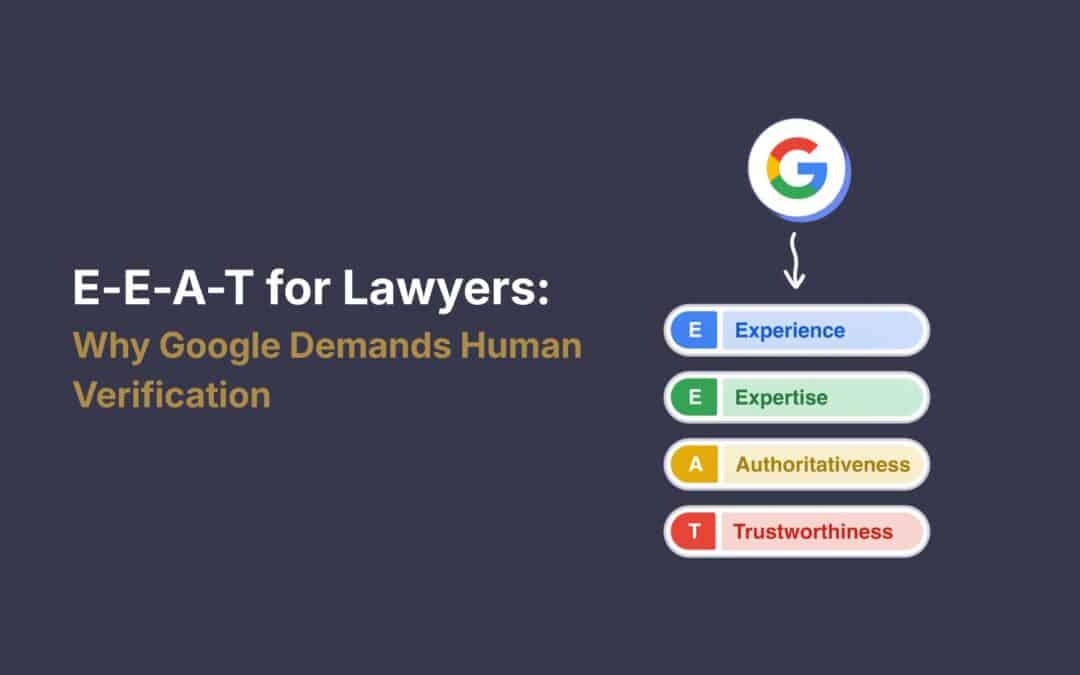Email marketing remains one of the most powerful tools for law firms to nurture client relationships and generate new business. However, many legal practices struggle with poor engagement rates, high unsubscribe numbers, and emails that end up marked as spam. The issue typically lies not with email marketing itself, but with how law firms approach their email strategy.
The most successful firms understand that effective email communication requires careful planning, relevant content, and respect for the recipient’s time and attention. Below are five proven strategies that can help transform your firm’s email marketing from being ignored to being anticipated.
Delivering Substantive Value in Every Email
The most successful law firm emails prioritise delivering genuine value over self-promotion. While it’s certainly appropriate to highlight your firm’s achievements occasionally, subscribers primarily want information that helps them navigate their legal concerns.
Educational content consistently performs well in legal email marketing. This might include plain-language explanations of recent legal changes, practical guides addressing common client questions, or analysis of noteworthy case outcomes. Checklists, templates, and other actionable resources are particularly effective, as they provide immediate utility to the recipient.
The most effective content balances professional authority with accessibility. Rather than simply announcing that your firm won a case, explain what the outcome means for similar clients. Instead of merely promoting a service, demonstrate how it solves specific problems. This approach positions your firm as a trusted resource rather than just another sender cluttering the inbox.
Strategic Timing and Thoughtful Frequency
Even the most carefully crafted email will underperform if sent at the wrong time or too frequently. Finding the optimal sending schedule requires both industry knowledge and attention to your specific audience’s behaviour.
Many legal professionals find that midweek mornings yield the best engagement, when recipients are typically at their desks but not yet overwhelmed by afternoon demands. However, the ideal timing may vary based on your practice area and client demographics. More important than any universal rule is consistency – establishing and maintaining a predictable rhythm helps subscribers know when to expect your communications.
Frequency represents a delicate balance. Too many emails will prompt unsubscribes, while too few may cause recipients to forget why they subscribed in the first place. Most law firms find success starting with one or two substantive emails per month, adjusting based on engagement metrics and subscriber feedback.
Clear, Conversational Communication Style
Legal professionals often default to formal language out of professional habit, but effective email marketing requires a more approachable tone. The most engaging legal emails read like a conversation with a knowledgeable colleague rather than a legal brief.
This doesn’t mean sacrificing professionalism, but rather expressing complex ideas in clear, concise language. Short sentences and paragraphs improve readability, while active voice creates more dynamic communication. Personalisation elements like using the recipient’s name can significantly increase engagement.
The key is to remember that even sophisticated legal clients appreciate straightforward communication. Instead of “pursuant to the aforementioned agreement,” try “as we agreed earlier.” This approach demonstrates respect for the recipient’s time while maintaining your professional credibility.
Maintaining Compliance and Respecting Preferences
Email marketing in the legal profession carries particular compliance responsibilities. Various jurisdictions have specific requirements regarding commercial email communications, and failure to meet these standards can have serious consequences.
Every marketing email should include clear identification of the sender, a valid physical address, and a straightforward unsubscribe mechanism. These elements aren’t just legal requirements – they demonstrate professional transparency and respect for the recipient’s preferences. Perhaps most importantly, firms should maintain scrupulously permission-based lists, avoiding any temptation to purchase or otherwise acquire email addresses without explicit consent.
Audience Segmentation (When Possible)
While sending the same email to every contact in your database is simple, it may not always work for every firm. For firms with larger, more diverse audiences, segmentation – dividing your email list into smaller groups based on specific criteria – can significantly improve engagement.
Segmentation can be as straightforward as separating existing clients from prospective leads or grouping contacts by their general legal interests. For example, a corporate law update may not resonate with someone seeking family law advice – though it’s worth remembering that clients in one area may still have legal needs in another.
For firms with the resources to take it further, segmentation by engagement level (such as frequent readers vs. inactive subscribers) can help tailor follow-up strategies. However, segmentation isn’t mandatory for success – many smaller firms thrive with a single, well-crafted newsletter that offers broad appeal. The key is relevance: whether you segment or not, your content should always provide value to the majority of your audience.
Transforming Email Into a Relationship Building Tool
When executed thoughtfully, email marketing becomes more than just another communication channel – it evolves into a powerful relationship management tool. By focusing on audience relevance, substantive content, strategic timing, clear communication, and strict compliance, law firms can create email campaigns that recipients actually welcome.
The most successful firms don’t measure email success by sheer volume, but by the quality of engagement and the strength of relationships built through this medium. For law practices ready to elevate their email marketing, these strategies offer a roadmap to more effective communication that benefits both the firm and its clients.
For firms seeking to refine their approach, professional guidance can help implement these strategies effectively while avoiding common pitfalls. The investment in thoughtful email marketing pays dividends in stronger client relationships and more consistent engagement.
Don’t let another email campaign fall flat. Contact us today to schedule your free consultation and discover how we can help you create email marketing that actually works for your practice.











